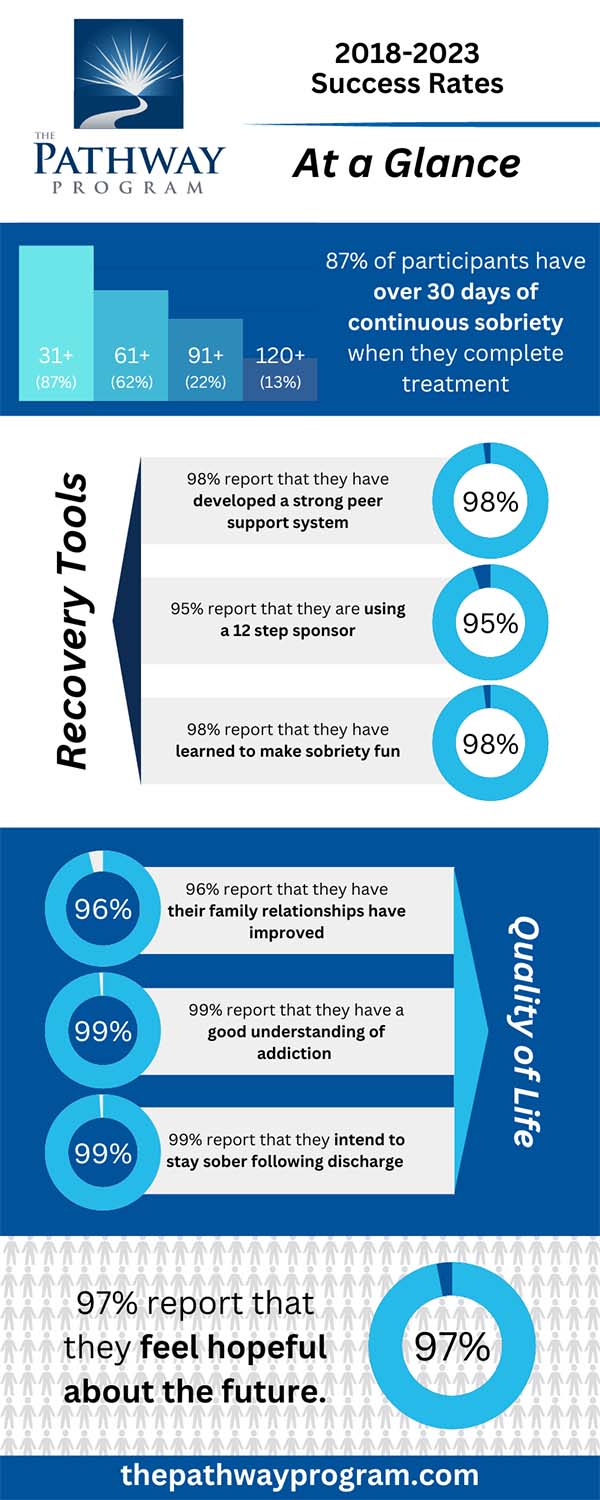Comprehensive Guide to Drug Abuse Treatment: Comprehending, Methods, and Long-term Recuperation
Drug abuse describes the hazardous or unsafe use of psychoactive compounds, including alcohol and illegal medications. It is not simply an issue of self-control or poor decision-making-- it's a complex condition affected by organic, emotional, and social aspects. People having problem with drug abuse often experience uncontrollable drug-seeking habits regardless of adverse repercussions in their individual, specialist, and social lives. In time, these substances can modify mind feature, impair judgment, and create physical and emotional dependence. Understanding the nature important Abuse is the initial step toward addressing it efficiently.
The causes of Substance Abuse are multifaceted. Genes, psychological wellness disorders, ecological pressures, injury, and exposure to substances at an early age can all add to the growth of addiction. It is typically interlinked with conditions such as clinical depression, anxiety, or post-traumatic stress and anxiety condition (PTSD) For lots of individuals, alcohol and drugs become coping devices-- tools to run away emotional discomfort or stress. Nevertheless, this short-lived alleviation rapidly paves the way to lasting effects, as tolerance constructs and the person needs more of the Substance to achieve the exact same impact.
Recognizing the indications important Abuse early can protect against the problem from escalating. Typical caution signs consist of modifications in actions, disregard of responsibilities, withdrawal from loved ones, monetary troubles, and physical signs such as weight management, fatigue, or inadequate health. When left untreated, Substance Abuse can bring about serious health issues, damaged partnerships, and also sudden death. Early intervention and accessibility to treatment are important for individuals struggling with dependency.
The Relevance of Seeking Substance Abuse Treatment
Seeking specialist treatment for drug abuse is one of the most important decisions a person can make for their wellness and future - Inpatient rehab. Dependency is not something that can be overcome by willpower alone-- it calls for organized intervention, guidance, and regular support. Treatment programs are designed to address both the physical dependence and the underlying mental or emotional concerns that drive habit forming behaviors. Without therapy, the cycle of regression and self-destruction typically proceeds, putting the person's life and well-being in jeopardy
The significance of expert treatment lies in its ability to give a secure and regulated setting for recuperation. During detoxing, doctor aid individuals manage withdrawal signs and symptoms that can be potentially serious and painful. After detoxification, therapy and therapy sessions allow people to face the root causes of their dependency, develop coping abilities, and restore their feeling of self-worth. Treatment also helps re-establish healthy and balanced routines, framework, and responsibility-- all of which are crucial for long-term healing.
Beyond the physical and psychological aspects, chemical abuse treatment plays a considerable duty in bring back relationships and social performance. Dependency often causes busted trust, isolation, and stressed family characteristics. Via family therapy and team sessions, people can rebuild interaction and reconnect with enjoyed ones. By entailing household members in the recovery process, therapy programs reinforce the assistance network necessary for maintaining sobriety. Essentially, looking for treatment is not almost quitting drugs or alcohol-- it has to do with redeeming one's life and developing a foundation for a healthier, a lot more meeting future.
Kinds of Drug Abuse Therapy Programs
There is no one-size-fits-all technique to treating addiction. Each individual's trip is special, and so are their treatment requires. Drug abuse treatment programs can be classified right into a number of kinds, ranging from inpatient rehabilitation to outpatient therapy and alternative care. The selection of treatment depends on variables such as the extent of addiction, the presence of co-occurring psychological health and wellness disorders, and the person's way of life and support group.
Inpatient or Residential Therapy offers a very structured environment where patients stay in a therapy center for a certain period, generally between 30 and 90 days. This kind of program provides continuous medical supervision and intensive treatment sessions. It's excellent for people with extreme addictions or those that have fallen back multiple times. Inpatient care gets rid of the person from everyday triggers and temptations, permitting them to concentrate exclusively on recuperation. Therapies may consist of cognitive-behavioral treatment (CBT), dialectical behavior modification (DBT), and team counseling, all targeted at assisting individuals recognize and manage their addiction.
Outpatient Treatment Programs use even more flexibility, allowing individuals to proceed with their daily responsibilities while going to arranged treatment sessions. This strategy is often suitable for individuals with light to moderate addictions or as a step-down phase after completing inpatient rehabilitation. Outpatient programs stress accountability and lasting relapse avoidance methods. They may include private counseling, medication-assisted treatment (MAT), and support system such as Narcotics Anonymous (NA) or Alcoholics Anonymous (AA)
In enhancement to these, alternative and holistic treatments are becoming progressively preferred. These programs resolve the mind, spirit, and body link by including techniques such as yoga exercise, meditation, art therapy, and nutritional therapy. Numerous facilities likewise provide dual-diagnosis recommended you read therapy for those dealing with both dependency and mental wellness problems. This extensive method ensures that the person receives versatile treatment that advertises recovery on multiple degrees.
The Benefits important Abuse Treatment
The benefits of undergoing chemical abuse therapy expand much past abstaining from medications or alcohol. Among the most prompt benefits is boosted physical wellness. Long-lasting Substance Abuse takes a toll on the body, impacting important organs such as the heart, liver, and mind. With detoxification and clinical treatment, the body begins to repair itself, bring about much better power degrees, enhanced rest, and a more powerful immune system. Nourishment and health and fitness programs within rehabilitation centers further boost physical recovery.
Emotional and mental health advantages are similarly significant. Dependency often covers up underlying psychological concerns that need to be addressed. During treatment, people access to certified therapists and counselors that assist them navigate feelings of injury, pity, or shame. By creating emotional recognition and resilience, individuals discover healthier means to deal with stress and anxiety and activates. Cognitive-behavioral treatment (CBT) and various other evidence-based approaches empower people to change unfavorable thought patterns that add to relapse.

Evidence-Based Approaches in Modern Addiction Therapy
Today's drug abuse treatment techniques are based in clinical research study and medical practice. Evidence-based treatments ensure that people get interventions proven to be effective. Among the most widely utilized techniques is Cognitive-Behavioral Therapy (CBT), which assists patients identify and change thought patterns that result in Substance use. By recognizing the connection in between actions, ideas, and feelings, people can learn to handle triggers in healthier methods - addiction treatment. CBT is commonly integrated with various other treatments to attend to co-occurring problems such as clinical depression or stress and anxiety
One more efficient approach is Medication-Assisted Therapy (MAT), particularly for opioid and alcoholism. MAT makes use of FDA-approved drugs such as naltrexone, buprenorphine, or methadone to lower desires and withdrawal signs and symptoms. When integrated with counseling and behavior modification, MAT dramatically enhances treatment retention and lowers relapse rates. It try these out allows people to stabilize their lives while concentrating on emotional healing and rebuilding connections.
Team and household therapy are likewise important parts of evidence-based therapy. Group sessions produce a space for people to share their stories and get understandings from others in healing. Family members therapy, on the various other hand, addresses the relational damages brought on by addiction. It helps liked ones comprehend the nature of the disease and furnishes them with devices to supply support while establishing healthy limits. These cumulative healing approaches enhance the healing procedure and advertise long-lasting recovery.
Constructing a Life After Treatment: Maintaining Long-Term Recovery
Recovery does not finish after finishing a therapy program-- it's a long-lasting trip that needs commitment, technique, and continuous assistance. Transitioning back to day-to-day life can be difficult, as people are confronted with triggers, stressors, and obligations that can examine their soberness. This is where aftercare programs play a vital duty. Aftercare might consist of recurring therapy, peer assistance teams, sober living plans, and relapse prevention preparation. The goal is to assist individuals maintain the development they have actually made and prevent slipping back right into old patterns.
Establishing a brand-new way of life fixated health and purpose is vital for long-lasting success. Lots of people find gratification by seeking hobbies, health and fitness routines, education and learning, or volunteer work. Constructing a structured everyday regimen aids avoid monotony-- a common trigger for relapse. Reconnecting with household, fixing partnerships, and surrounding oneself with favorable impacts additionally reinforces a healthy and balanced lifestyle. It's additionally critical to recognize that obstacles can happen, but they don't define the individual's journey. What matters most is the readiness to seek help and proceed relocating onward.
Eventually, sustained recovery has to do with makeover-- physically, emotionally, and mentally. It involves redefining one's identity and finding definition past dependency. Individuals who devote to lasting recovery commonly become advocates, mentors, or assistance numbers for others fighting with chemical abuse. Their stories of resilience act as effective tips that recovery is feasible. With the right treatment, support, and attitude, any person can conquer addiction and build a satisfying, substance-free life.
Verdict: A Course Toward Recovery and Hope

Looking for expert therapy for Substance Abuse is one of the most crucial choices a person can make for their health and wellness and future. Past the emotional and physical aspects, Substance Abuse treatment plays a substantial duty in restoring partnerships and social functioning. Substance Abuse therapy programs can be categorized into numerous types, ranging from inpatient recovery More Help to outpatient counseling and alternative care. Inpatient or Residential Treatment supplies a highly structured environment where clients live in a treatment center for a particular duration, normally in between 30 and 90 days. The benefits of going through Substance Abuse therapy extend much beyond abstaining from medicines or alcohol.